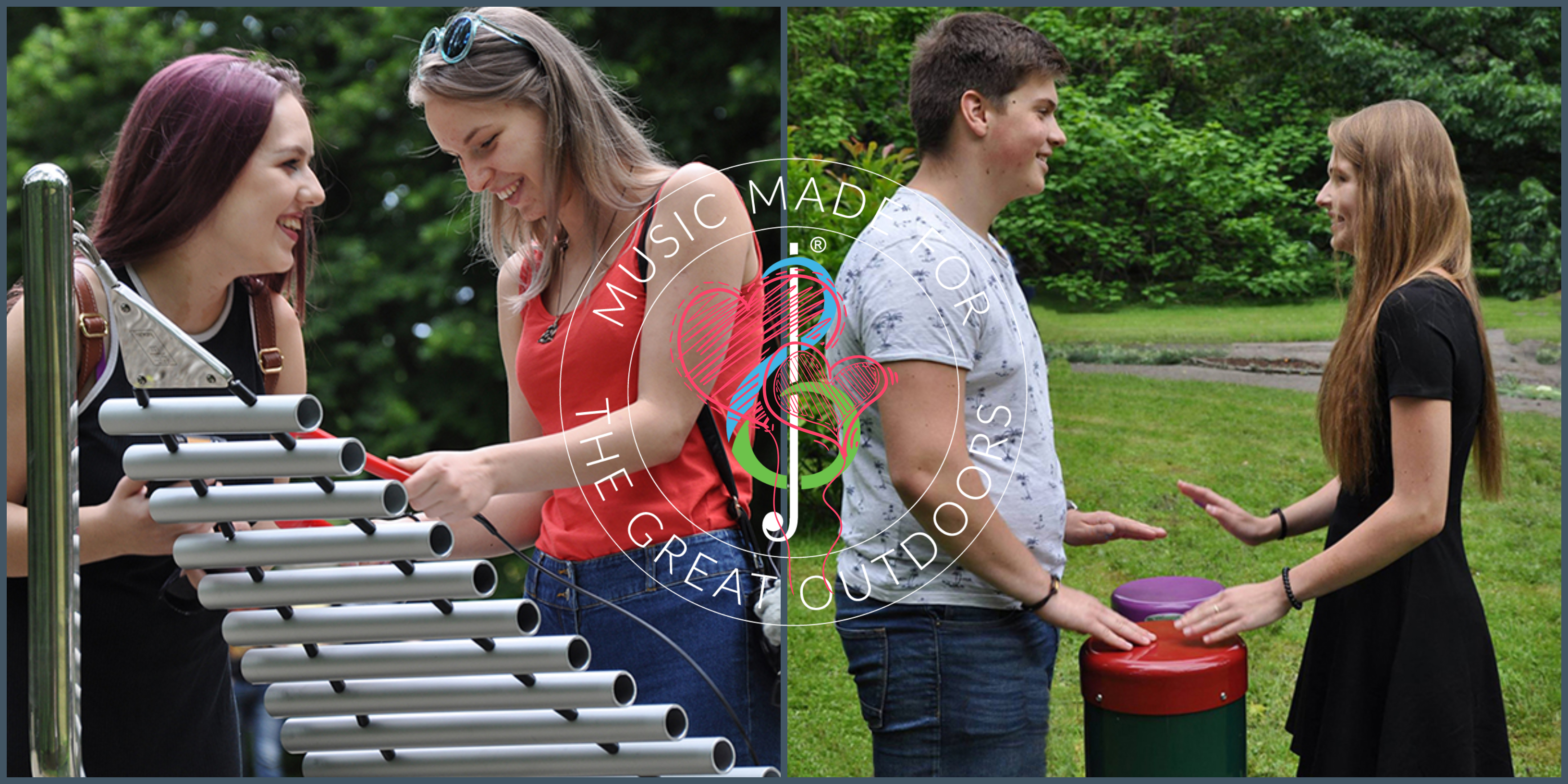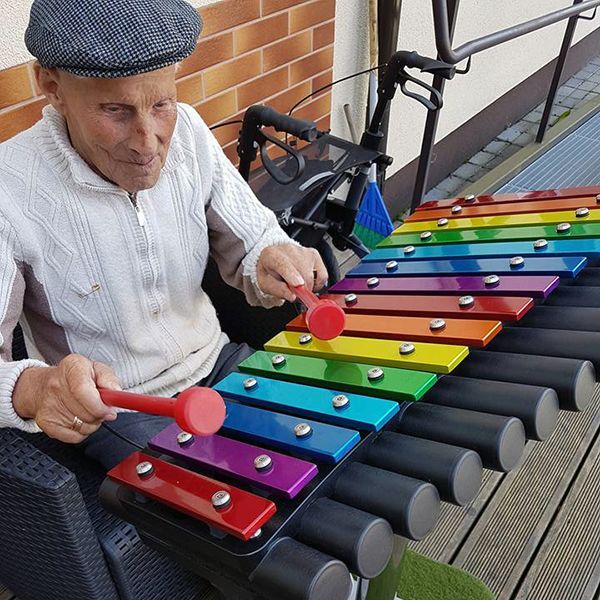Connections between Love and Music
Extra-pricey bouquets of red roses, panic-purchase cards, chocolates, and romantic dinners - now heavily commercialised and laden with expectation, some could say that Valentine’s Day is losing a significant amount of its charm. Once a day where people simply showed their love and affection for another person, maybe an effort should be made to reclaim Valentine’s Day as a more inclusive celebration of all types of love. Self-love, platonic love, and love within families should be included within Valentine’s Day celebrations. All love deserves to be celebrated and expressed in a multitude of ways: with a hug, with a smile, with a timely visit, with surprises, and, of course, with music!
Music is so heavily connected with themes of love. Musicians love to sing about love and songs are used to express love in all forms – romantic love, love of friends and family, love for your sports team or community. Forget what you learned that the only human essentials are food, clothing, and shelter. Music, as far as the brain is concerned, is like love.
Music is amazing; it’s soulful, and can dramatically affect your mood. It’s the strangest thing, how something you can’t physically touch can have such a tremendous impact on your emotional state. There’s a famous saying: “Music is what feelings sound like.” This is true, especially for composers and performers - expressing emotions through their music. Music can move a person to tears of joy and sadness. It can make you want to get up and dance, sing or hum along. It can lift a bad mood instantly. It can help you run that extra mile, bring you to your feet for a standing ovation or bring you to tears while watching a sad movie.
It's a question that has puzzled scientists for decades: Why does something as abstract as music provoke such emotions? Despite having no obvious survival value, listening to or making music can be a highly rewarding activity. It’s one of the most pleasurable activities with which people engage. Studies have shown that when we listen to music, the ‘pleasure chemical’ dopamine is released in the striatum (a key part of the brain’s reward system) just like other rewarding stimuli, such as food and sex.
Music can help us connect to others. Even if we don’t get a buzz from the music normally, when we listen to or make music with others, the enhanced social connectivity can be highly satisfying. A 2012 study showed that individuals who created or listened to music with close friends or their partners showed significantly stronger autonomic responses than those who played or listened alone.
With the opening words of Twelfth Night “If music be the food of love, play on!”, Shakespeare captured an essential bond between the two things without which no human being should have to do without. Music and love.
So, how do you plan to celebrate with music this Valentine’s Day?

